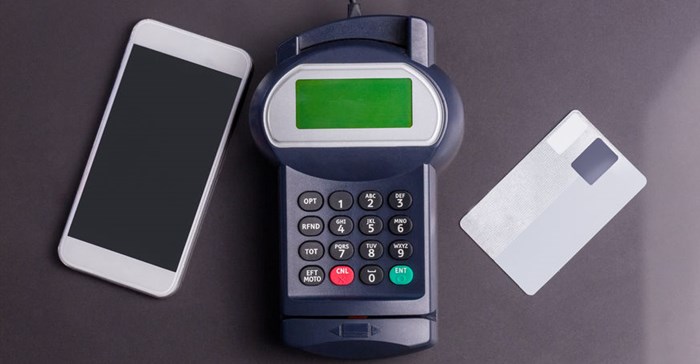
"There is incredible potential in South Africa for mPOS adoption, considering the country's high mobile penetration and the fact that there are seven million South Africans who earn salaries, but do not have their own bank accounts," says Tim Bishop, director of Deloitte Digital. "But we are still trailing other emerging markets like Nigeria and Kenya where mPOS growth has been exponential."
The problem, as Bishop sees it, is that there are too many competing niche offerings that do not integrate with each other. "The success behind mPOS adoption in Kenya was that there was a real need and a problem to solve - informal traders required a secure way of receiving payment and buyers wanted the convenience of not paying with cash," he says. "The result was M-Pesa, which has now become ubiquitous and is the standard mobile payment platform for purchasing anything from apples to air tickets."
The situation at home, however, is more complex. "Unlike Kenya, we do not have such large problem to solve and we seem to be trying to shoe-horn mobile payments into an efficient SA payment ecosystem," he says. "Even though mobile payment offerings such as SnapScan are on the rise, they are far from commonplace and there hasn't been the wide-scale adoption from both consumers and retailers that we would like to see," Bishop says.
A recent global Deloitte report entitled Smart device, smart pay, found that to date most successful mPOS users are convenience-end markets with small value orders, such as coffee shops. Yet, a massive opportunity exists for the retail sector in adopting this technology. The report suggests for retailers to adopt mPOS for higher value purchases, the benefits of brick-and-mortar retail needs to be combined with advances in smart devices to deliver smart pay solutions.
Bishop believes that what is required to tip the scales in favour of widespread acceptance, is a ubiquitous game-changer which offers consumers ease and real value whilst using mobile money. "It is only this mass adoption that will make it economically viable and integrated from a retailer point of view, which is why at the moment we are unfortunately caught in a Catch-22 situation.
"There certainly isn't a solution rising above all the others as the single standard when it comes to mobile payment," he says, emphasising that mobile wallets need to be compatible with all banks. "From a consumer point of view, there also needs to be a certain 'wow' factor and extra usefulness that makes transitioning to mPOS more compelling than whipping out your cash, debit or credit card."
Bishop believes that mPOS solutions need to move beyond simply a financial transaction. "Mobile payment providers should tout the opportunity to use mPOS systems to capture data beyond the transaction, enabling retailers to gain insights into consumer purchase preferences and behaviours so that they can offer them personalised promotions," he says. "For consumers, this would result in a better, more holistic shopping experience."